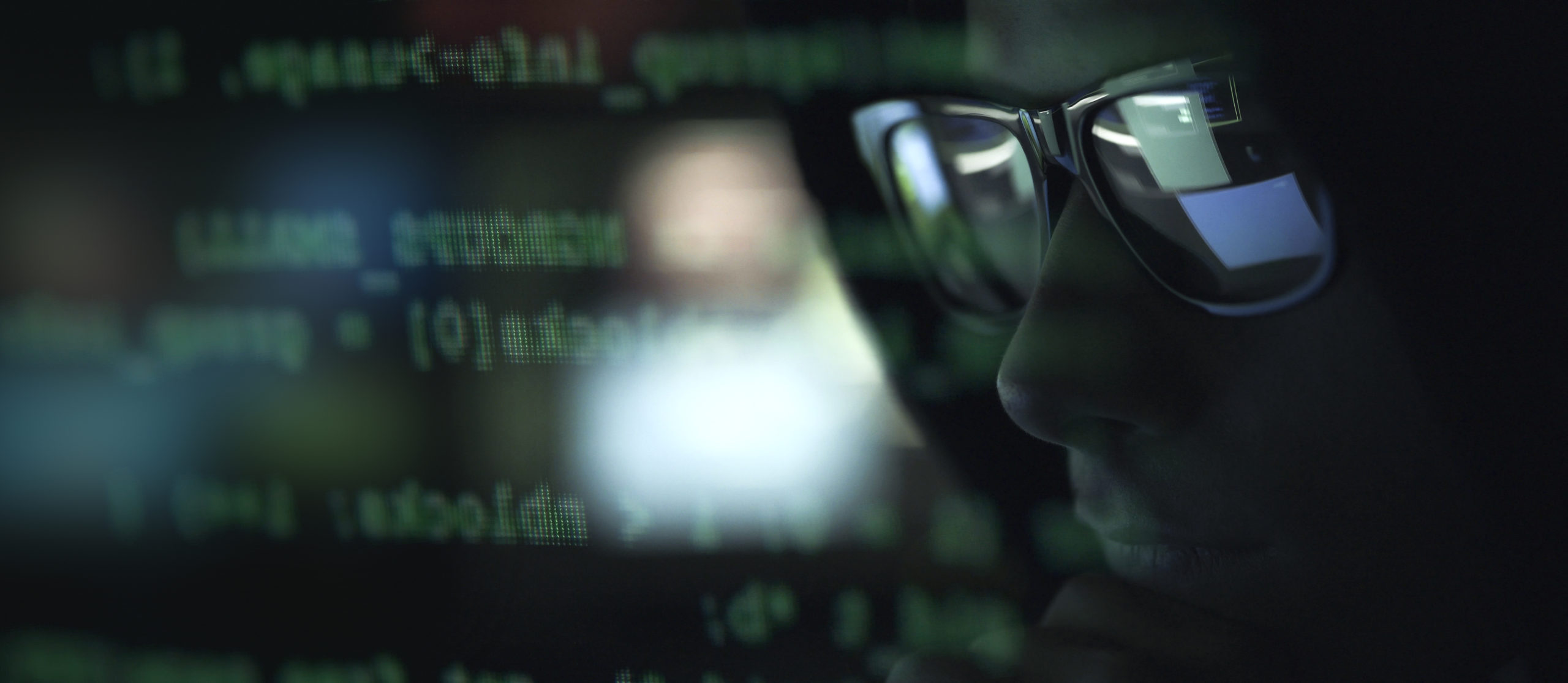DISCERNMENT – the overarching requisite for successful schooling and life in this century.

There has long been discussion as to what should be taught and learned in schools, how it should be taught and applied in life. In the early years of this century the discussion is no less relevant. I was reminded of this recently as I reflected on two conversations with prospective parents from very different backgrounds and in two quite different countries.
On the first occasion I spoke with a parent who was looking for admission to my school for his son who was about six years old at the time. It was always been my practice to meet with prospective parents, to get to know them a little and to give them a human face in leadership with whom they could relate as they considered my school for their child. Having spent ten minutes or so listening to me outlining the qualities of the school, its teachers, the education provided and so on, he said he really had only one question which he wished to discuss. His question was – why should he send his child to my school when, nowadays, if his son wants to find out something he can just Google it?
An interesting question! I responded, as I am sure many Principals would, while also indicating that schooling was not solely the acquisition of knowledge, the benefits of socialisation, interaction and collaboration and so on ……Our conversation was full and frank – and he did not take up the place offered in the end.
The second, more recent occasion, was when I spoke with the parents of a six-month old who wished to sign up their daughter for a place three years in the future. I asked them to tell me what they thought the world would be like when their daughter graduated from High School in 2035. They looked bemused and perplexed and said that they did not know. I reassured them quickly by telling them that their response was unsurprising, but that I would not be found wanting in trying to prepare their daughter for a fulfilled, valuable and contributing life with the knowledge, skills, values and aptitudes that may well be required of her in the future. They accepted the offer of a place.
One parent, therefore, was, uncritically perhaps, sure of what was needed in a school; the others were at a loss. But what really is the role of schooling going forward, what will really serve students and society well in a century increasingly moving away from the certainties which were commonplace not so very long ago when it came to education, employment and the general patterns of living and life?
Advice and crystal-ball gazing abound: Knowledge is the key, Skills are indispensable, Emotional Intelligence is paramount, Collaborative working skills are fundamental, Technological Competencies are the way of the future and so on. There is something to be said for all of these of course, but is there an overarching skill or quality which could be brought to bear on these, and more, which perceptive students could employ and a perceptive school could encourage so that sense can be made of the exponential rate of change which now surrounds us, in schools and in society?
Let me suggest discernment. One definition of this is the ability to judge people and things well, or another, the ability to discriminate between what is primary and what is secondary, between what is central and what is peripheral.
What struck me about both of these prospective parents was their concern to optimise their child’s chances of success and what answer(s) I could give them. In the interim, as I have reflected on it, I am clearer in my mind that a more focused conversation on discernment would have been appropriate in both cases.
Concentrating on ability to Google everything will leave one student, potentially, very narrowly focused, perhaps insular, maybe unable to deal with the multifaceted quirks and foibles of the humans who will inhabit the planet alongside him. On the other hand, if the six-month old was to spend every waking minute of her life in this century seeking, in a broadly liberal education, to learn all there is to know, this is now impossible, if it ever was possible.
Google man/woman will have to learn, at the very least, to discern what is relevant from the reams of information resulting from any given search. The ability to Google does not necessarily equate with an ability to understand what is central and what is peripheral in search results. Where will such guidance come from? School surely has a part to play.
Six-month old will also need discernment to negotiate a pathway through the vastness and complexities of knowledge, old and new, using what is relevant without dismissing the breadth of everything else, something which may be useful in another context, at another time, in other circumstances. All of this will require discernment from our infant as she grows to maturity and adulthood. Where will such guidance come from? School surely has a part to play?
In twenty or thirty years’ time schools may well be very different entities than they are today; many, particularly international schools, are evolving to meet the different demands of learning in this century. The historical function of all schools – passing on knowledge and some skills for a certain future has become untenable. Maybe, in some shape or form, all schools in the future will become valuable conduits of wisdom, primarily, where students from the youngest age are encouraged, taught, enabled and empowered to discern so that they can make sense of and contribute to societies where acuity and wisdom – in a word, discernment – will be of paramount importance in an uncertain future.
